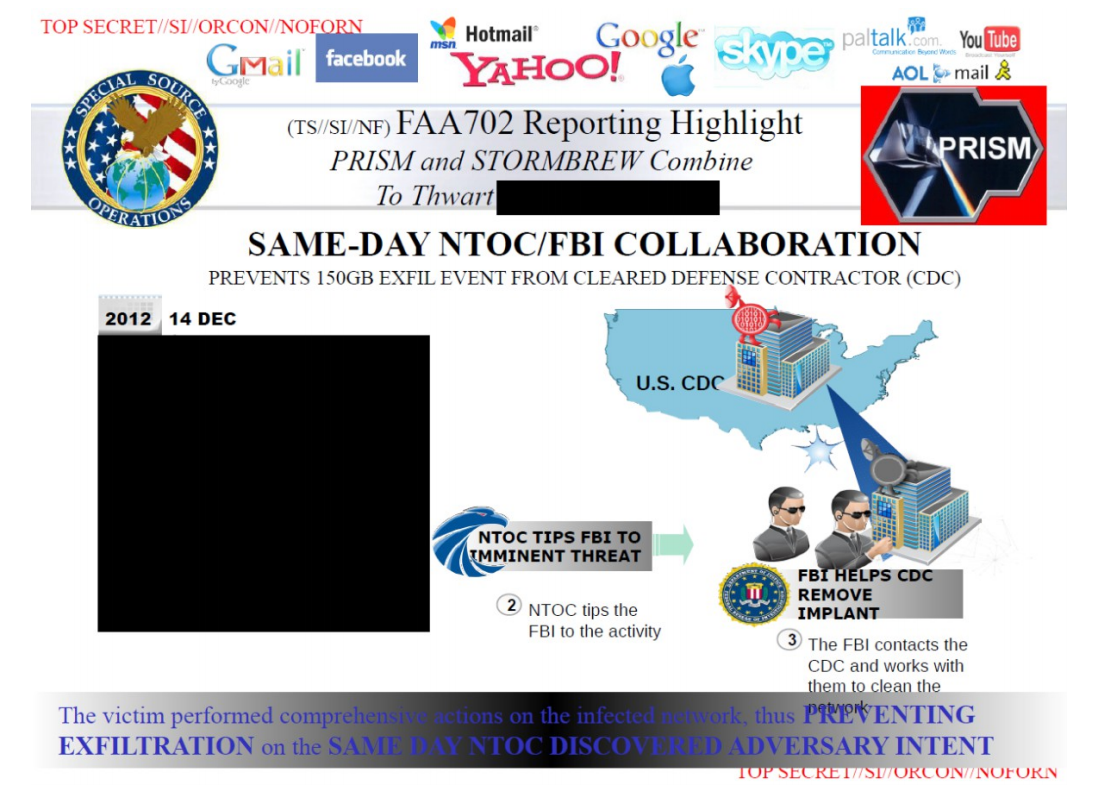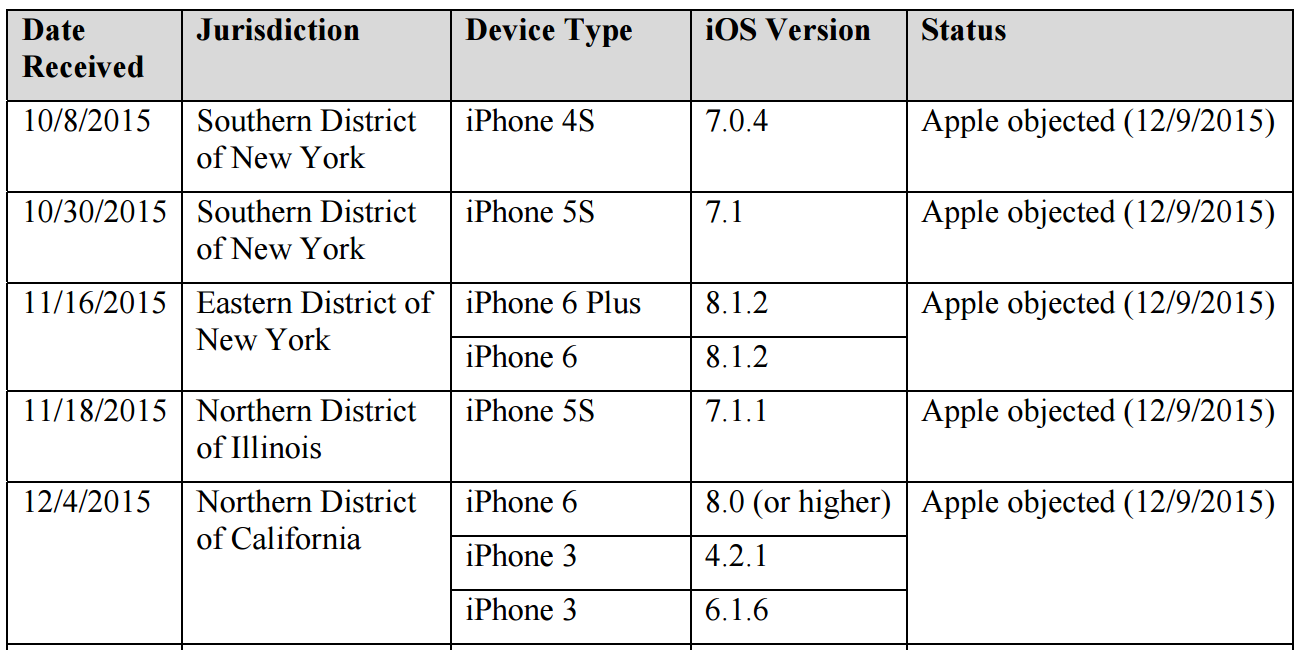The Terrifying Complexity of Tech Oligarchs’ Obeisance to Trump
Perhaps I’m being a pollyanna. But from my perspective — living in Ireland, the lilypad for America’s tech companies, where regulators just ordered Meta to improve its responsiveness to complaints about terrorist content — I’m nowhere near as worried that ABC settled the lawsuit over whether Trump raped or just digitally raped E Jean Carroll as I am that one after another big tech oligarch, Jeff Bezos, Mark Zuckerberg, Sundar Pichai, and Tim Cook (Trump made a point in his presser today to note Sergey Brin has also come calling), has bent his knee to Trump, to say nothing of Elon Musk dumping $250 million to get Trump elected and then insinuating himself into the Trump family.
This post from Liz Dye and Andrew Torrez explains why, from a legal perspective, the ABC settlement is not quite as scandalous as some are taking it to be. And this Brian Stelter column explains why the timing of it suggests ABC may have had good reason to avoid discovery. All the times Fox has settled lawsuits before Sean Hannity had to sit for a deposition, which is when Fox always settles, were not deemed the end of the world, and this may not be either. It may, instead, simply be the shitty decision of a shitty mega corporation.
To be sure, Trump is going to follow Viktor Orbán’s formula and try to discipline the legacy media into acting as his captive media (as Anne Appelbaum discussed with Greg Sargent). But where have you been?!?! He made great strides in doing that already — building on his successful propaganda about the Russian investigation with distractions about dick pics in lieu of actual reporting on Trump’s alleged crime and corruption. The legacy media has been gleefully playing a useful prop in Trump’s domination reality TV show for years. I’d like them to stop, but cannot force them to figure out how they’re being used.
The obeisance from the tech oligarchs, however, terrifies me in a different way.
Consider how many different issues intersect in the business conflicts of these men:
- Imports (especially for Apple) that might be subject to tariffs
- Anti-trust
- The Artificial Intelligence booming bustlet
- Moderation & other content issues
- EU privacy and moderation policy
- Intelligence sharing and government contacting
Start with the ways that Trump has leverage over these oligarchs: Trump is threatening tariffs that could devastate Apple’s iPhone imports and Amazon’s general imports. Trump’s nominee to lead FCC, Brendan Carr, has threatened to pull Section 230 protection for platforms that moderate content. Biden’s DOJ has taken unprecedented anti-trust actions against Big Tech that Trump could easily reverse. Bezos, especially, is a big government contractor.
Trump has a whole set of carrots and sticks he can use with these oligarchs, even ignoring Trump’s threat to put Zuckerberg in prison for the rest of his life.
Meanwhile, all these men have spent the last few years enshittifying their companies with a commitment to Artificial Intelligence. Not only is Google’s search monopoly under threat in DOJ’s lawsuit, but Google has made its search function utterly useless with shitty AI.
AI was at once a stupid business bet, but also a wicked (and thus far, painfully successful) investment in busting intellectual property and with it white collar employment security, including that of journalists.
Trump’s sidekick Elon Musk has conned Trump into joining the AI cult, so on that issue Trump and the oligarchs see eye to eye, with the Russia’s useful idiot David Sacks appointed to push AI from within the White House.
Now consider how that mix of shared interests and powerful leverage plays out in Trump’s plan to extend fascist power.
We saw how it worked under Musk with Xitter: He bought the platform and then turned the public square into a forum that preferred not just right wing content (which was always true of social media platforms) but fascist content. All the while, Musk was conducting one of the largest ever disinformation campaigns targeting Kamala Harris on Meta. Trump has specifically threatened Google because pro-Trump content doesn’t drown out criticism, which is a danger when people increasingly get their content from YouTube rather than ABC.
That is, these same platforms can and have created gatekeepers between consumers and actual news products, gatekeepers that introduce their own antipolitical if not fascist bias. And Trump wants to magnify that effect.
That’s US focused content. But Musk tested his international reach last summer when he, personally, helped to gin up far right violence in the UK.
As today’s ruling against Meta shows, between privacy rules and content limits, the EU has better tools to combat the spread of fascism via US tech platforms, though they’re far from perfect. Importantly, Musk has treated British legal inquiries as a joke. And JD Vance has explicitly tied US national security policy, including NATO, to moderation policies.
The joint fascist/Russian project would like to break up the EU (or Orbanize it). Fascist parties are increasingly ascendant. And EU data sovereignty which limits hate and violent speech will be under increasing threat.
Especially here in Ireland. Ireland’s recent affluence is built on US tech investment. Indeed, the governing coalition bucked recent anti-incumbent trends in the recent general election thanks in part to taxes Apple was forced to pay, which the Irish government was reluctant to make it pay. Because Ireland is so beholden to those tech jobs, its regulation of US tech companies has only recently approached what the rest of the EU demanded. That gives the tech companies — and by extension, Trump — a special kind of leverage over Ireland. Ireland was already a weak point in European security, but the demands of tech companies could exacerbate that.
Meanwhile, it just so happens that the men bowing to Trump are the key participants in Section 702 spying, one of the most important competitive advantages the US empire has. And that, too, is a point of leverage with Europe. It has always been the case that an Empire’s intelligence projection is a benefit offered to those in its orbit. That’s why European leaders’ complaints about the Snowden disclosures were always muted: they relied on US intelligence to keep their countries safe. A number of recent disclosures about Russian influence operations and sabotage in Europe likely rely at least partly on US intelligence. But Trump has already been talking about cutting down intelligence sharing with Europe, something that would make it far harder to fend off Russian-backed fascist parties.
These oligarchs — every one of them, I’d bet — have long believed their companies supersede the sovereignty of mere nations. Before now, however, they lacked armies to enforce that claim. Trump has at least floated plans that might dramatically change how US tech companies become a kind of toxic platform projecting US power and propaganda.
Trump will continue to sue for defamation like he has always done. ABC caving doesn’t make that more or less likely. Trump will continue to seek other ways to bankrupt the legacy media.
But Trump’s relations with America’s tech giants have the potential to be an altogether new kind of threat, one far more ominous both within and outside the US.
And thus far, it appears the tech oligarchs are playing ball.
Update: Meanwhile, Will Lewis can’t convince any credible editor to work for him and Bezos.
The situation at the Washington Post is so dire that two candidates to run the paper — Cliff Levy of the New York Times and Meta’s Anne Kornblut, a former Post editor — both withdrew from consideration for the top newsroom job over the paper’s strategy, sources involved in the process say.
Why it matters: The Post is scrambling to find a new executive editor, the chair once held by Ben Bradlee, amid shrinking paid readership and revenue. Publisher and CEO Will Lewis, handpicked by owner Jeff Bezos to save the Post, hasn’t impressed the candidates with his vision for the future, the sources tell us.
One person involved in the search told us Lewis’ pitch was foggy and uninspiring.
Zoom in: Levy, who pulled out last week, and Kornblut, whose conversations ended in September, declined to comment. Other candidates include current interim executive editor Matt Murray. But it’s hard to imagine this monthslong process unfolding so publicly — only to end with the same guy in charge.A few candidates were asked to write six-page memos — a hallmark of Amazon culture — about their journalistic vision for the paper, using AI and how to grow the Post’s audience.


![[Photo: National Security Agency, Ft. Meade, MD via Wikimedia]](https://www.emptywheel.net/wp-content/uploads/2017/08/NationalSecurityAgency_HQ-FortMeadeMD_Wikimedia.jpg)

